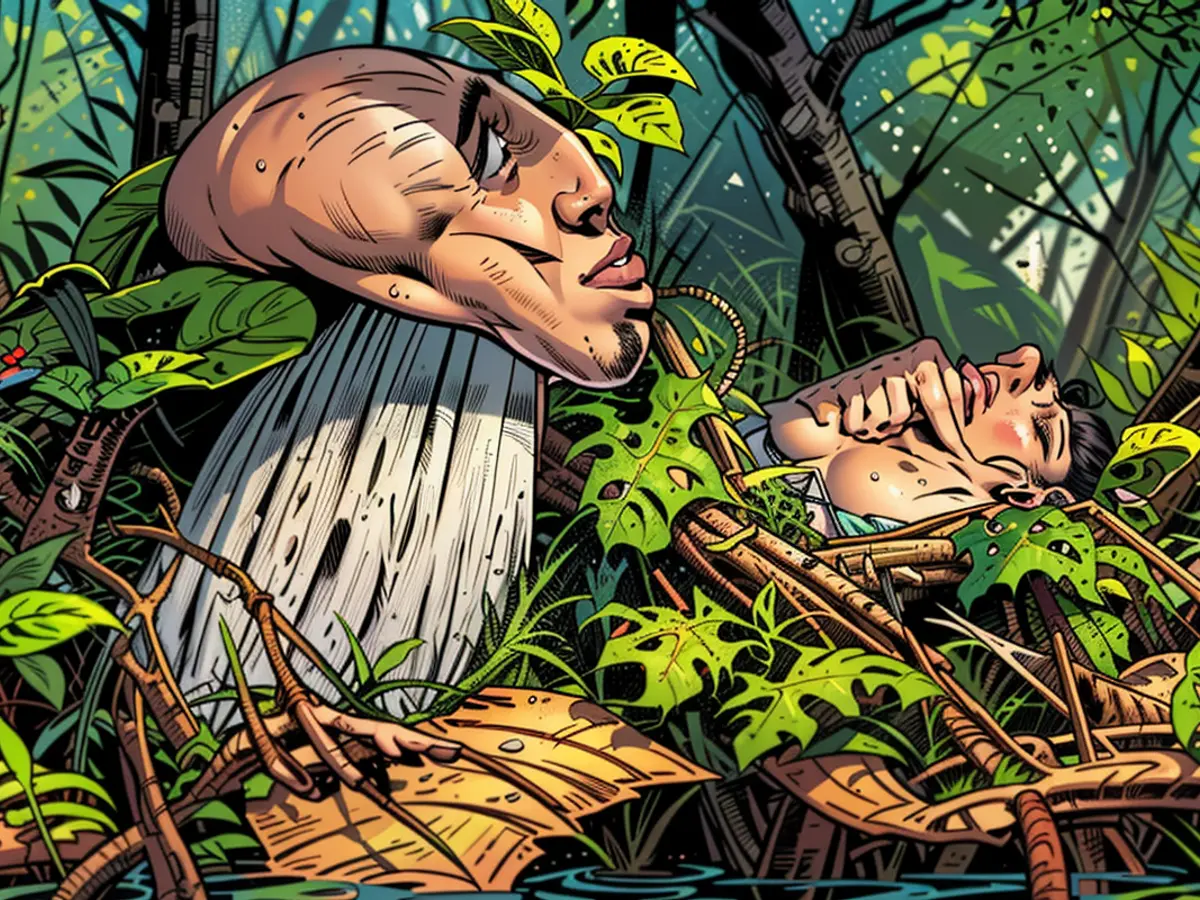Mushrooms - Mushroom yield still thin - worries about the next generation of consultants
The heavy rain has not yet resulted in full baskets for mushroom enthusiasts in Saxony. In mid-June, there were some mushrooms growing, but currently nothing is sprouting in the forests, said Peter Welt from the Mushroom Friends association in Chemnitz. Sieglinde Köhler, a mushroom consultant from Mittelsachsen, reported that the yield so far has been limited to "random finds." Mushroom experts are also concerned about the lack of new recruits.
Main season is yet to come
"Mushrooms could be found at some places but not yet widespread," said Köhler. She herself has already discovered porcini, chanterelles, and the Narzissengelbwulstling this year. Truffles have also grown. However, even if the mushroom year begins in spring, the main season is usually in the months of September and October.
A prediction of the mushroom yield is hardly possible, said mushroom enthusiast Welt. "If you can say when mushrooms grow, you get a Nobel Prize." The assumption that a lot of rain automatically means many mushrooms is not always reliable. Dry years have also been good mushroom years in the past.
Approximately 2000 species in Central Europe
In Central Europe, there are around 2000 species, as Edgar Fenzlein, the mushroom expert of the Leipzig district, said. Most of them are inedible. Caution is required when collecting. There are always confusions - for example, between the edible Oyster mushroom and the poisonous Panther cap.
Mushroom consultants an endangered species?
Fenzlein looks rather pessimistically at the future of mushroom consulting. While there are still many collectors, there are only a few who engage in it voluntarily as consultants. "We are an endangered species," he said. He is the youngest expert in the region Leipzig at 62 years old.
A mushroom consultant must complete a two-year training, and the examination is not easy. The experts must then provide their free time at weekends for consultations. It also happens that they are called to poisoning incidents in the middle of the night to the hospital. "That is a relatively responsible position - and all voluntary," said Fenzlein.
Mushroom enthusiasts in Leipzig, like Fenzlein, are fortunate to have a wealth of species in Central Saxony and Central Europe at their disposal, numbering around 2000. Despite the heavy rain, the main leisure time activity of mushroom hunting has not yet produced bountiful yields in the forests, causing concern among experts. This is a challenging time for offspring care in the field of mushroom consulting, as fewer individuals are voluntarily taking on the role of consultants, making them an endangered species in Central Europe.








